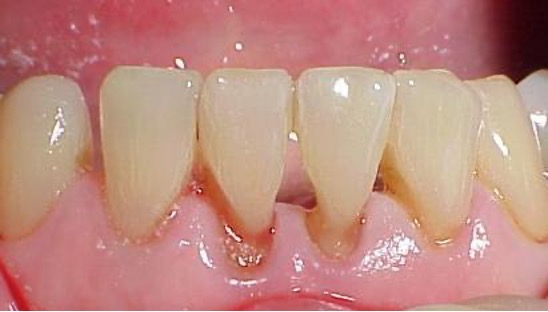Many people wonder why they seem to get cavities, even when they brush regularly. Cavities, also known as dental caries, can develop due to a combination of factors.
In this issue, we will discuss reasons why some persons are susceptible to cavities more than others.
- Diet Plays a Key Role
One of the biggest contributors to cavities is diet. Foods and drinks high in sugar and refined carbohydrates feed the harmful bacteria in your mouth. When these bacteria digest sugars, they produce acid, which weakens tooth enamel. Even so-called “healthy” foods, like fruit juices, can be highly acidic and contribute to enamel erosion. Frequent snacking, especially on sugary foods, increases the time your teeth are exposed to acid, raising the risk of cavities.
To combat this, limit your consumption of sugary and starchy foods, and be mindful of acidic beverages like sodas and fruit juices. We recommend water, whole fruits, and fiber-rich foods that naturally clean the teeth.
- Oral Hygiene Habits
Although brushing twice a day and flossing regularly are essential for preventing cavities, not doing them properly can lead to problems. If you’re rushing through your brushing or missing areas of your mouth, plaque can still accumulate. Plaque is a sticky film of bacteria that clings to your teeth and, over time, hardens into tartar, which is harder to remove.
Improper flossing technique or neglecting to floss can also allow bacteria to thrive between teeth, where cavities commonly develop. Use fluoride toothpaste, as fluoride strengthens tooth enamel and makes it more resistant to decay.
One serious bad habit is going to bed without brushing your teeth. This is a common bad habit that results in rampant cavities due to the length of time sugars are attached to teeth while you are sleeping.
- Genetics and Saliva Production
Your genetics play a role in how susceptible you are to cavities. Some people naturally have thinner or weaker enamel, making their teeth more prone to decay. The amount and quality of your saliva also play a significant role. Saliva helps wash away food particles and neutralizes acids in the mouth. If you suffer from dry mouth, whether due to medication, certain medical conditions, or dehydration, your mouth may not produce enough saliva to protect your teeth.
- Frequent Acid Exposure
Certain habits can increase acid exposure to your teeth. Sipping on sodas or coffee throughout the day, sucking on candies, or even grazing on snacks prolongs your teeth’s exposure to damaging acids. Even if the quantity of sugar or acid in a single snack or drink seems small, the duration of exposure can add up over time, leading to enamel breakdown.
- Skipping Regular Dental Checkups
Regular visits to your dentist are crucial. Professional cleanings remove tartar and plaque that brushing can’t handle. Additionally, dental checkups can catch cavities early before they cause significant damage.
Understanding why you have so many cavities can help you take control of your oral health.
By improving your diet, practicing proper oral hygiene, being mindful of genetic factors, and keeping up with regular dental checkups, you can reduce the number of cavities and enjoy healthier teeth.
Dr. Kendal V. O. Major is Founder and CEO of Center for Specialized Dentistry which is a comprehensive family dental practice operating in Nassau and Freeport. He is the first Bahamian Specialist in gum diseases and dental implants since 1989. He also is a certified Fast braces provider. His practice is located at 89 Collins Avenue, Nassau at (242)325-5165 or [email protected].

Root decay usually starts in between your teeth

Root Cavities and Severe Gingival Recession





